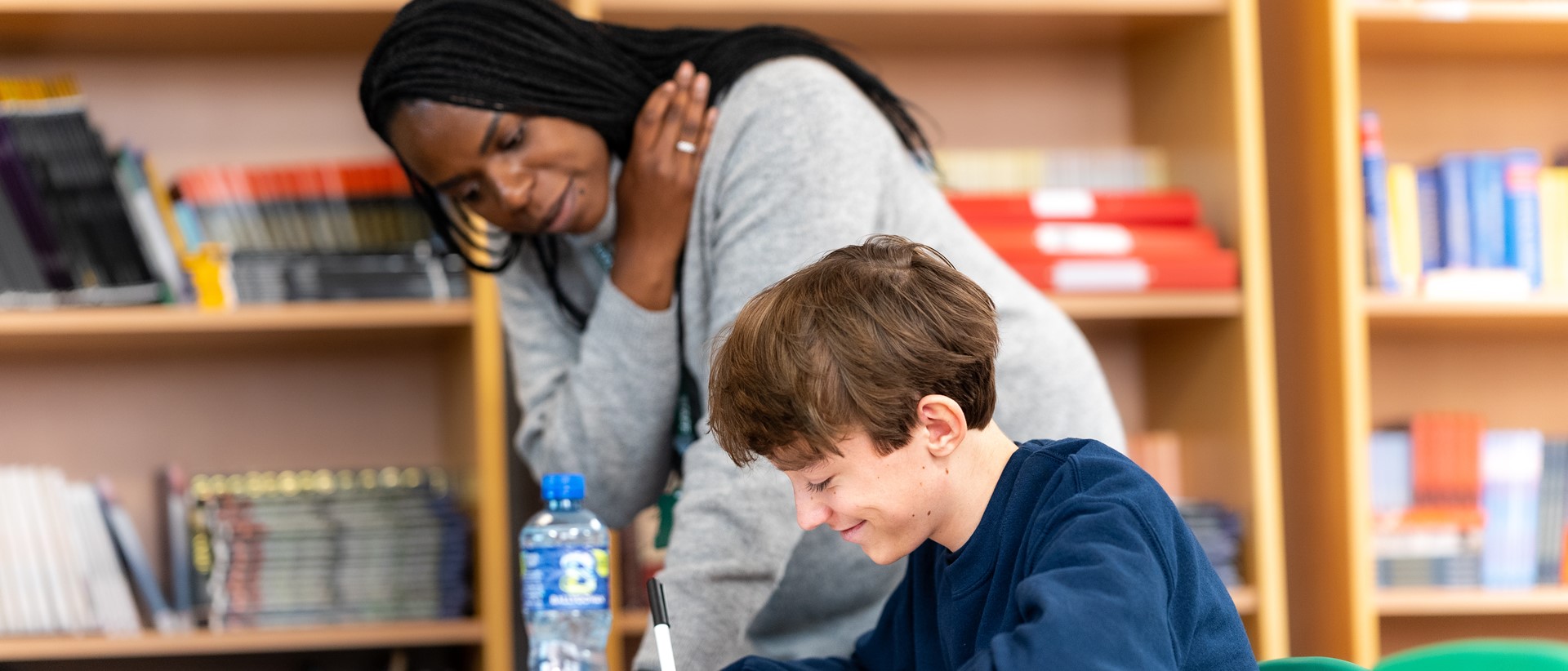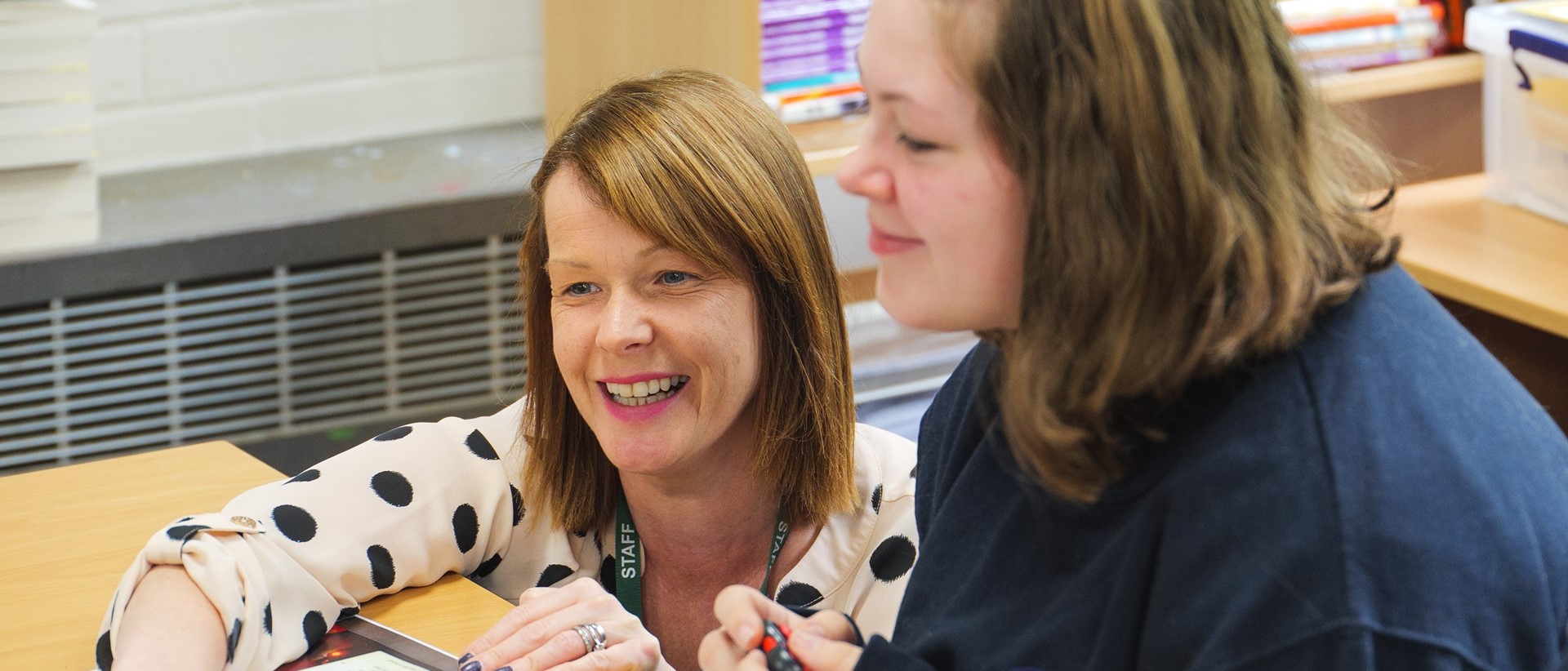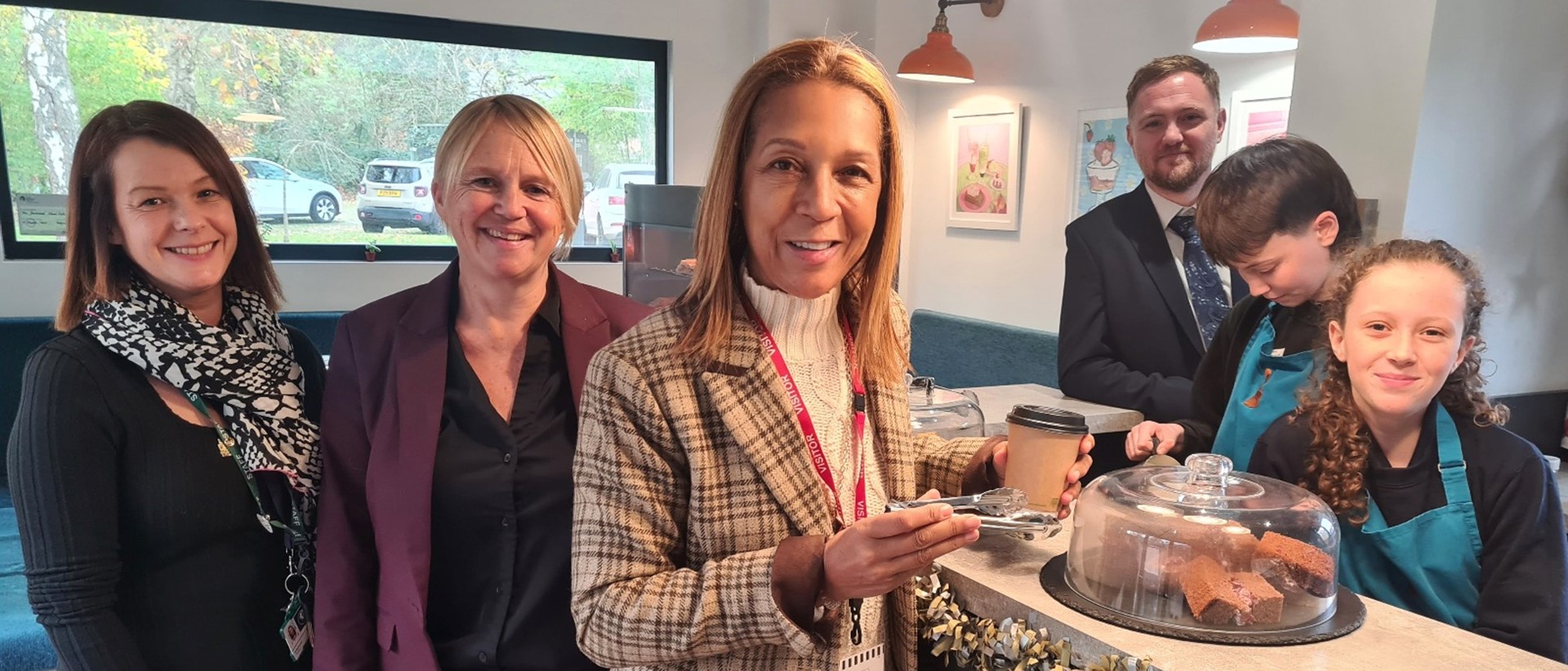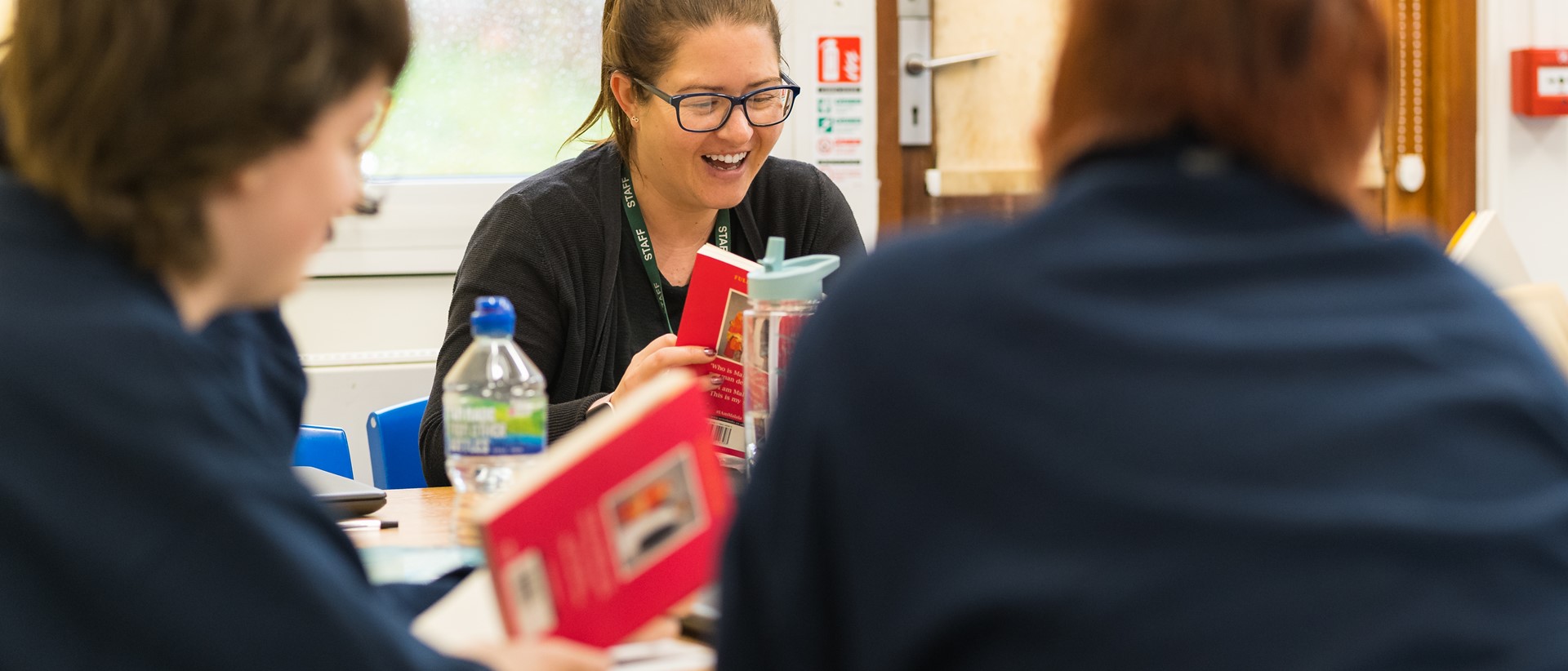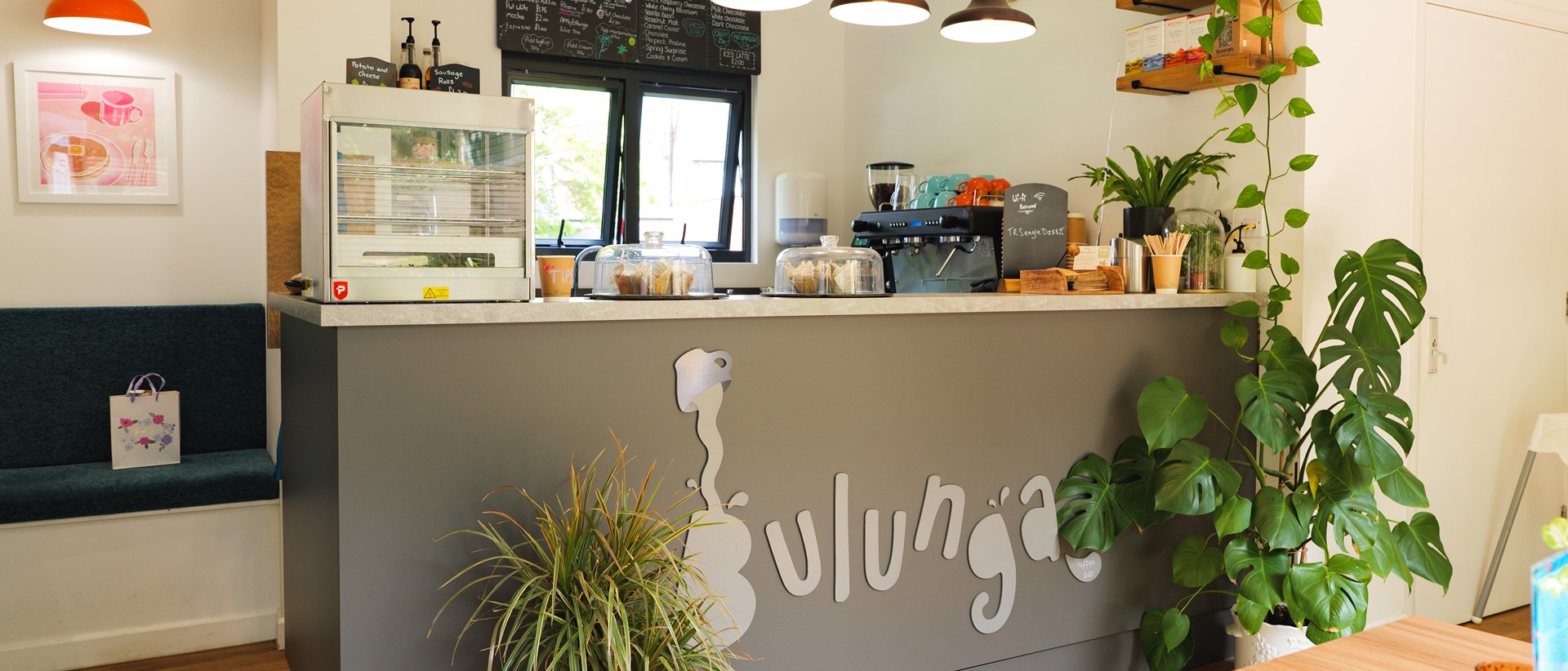Pupil Premium & Funding
What is the pupil premium?
The Pupil Premium is another source of funding for each school that is provided on top of the main funding a school receives. In order to ensure that the benefits provided allow pupils from disadvantaged backgrounds to receive the same opportunities as pupils from less deprived families this type of funding is targeted primarily at this demographic.
In this financial year, schools will receive the following funding for each child identified as one of the following:
- Pupils in year groups reception to year 6 recorded as FSM Ever 6 (£1,515)
- Pupils in years 7 to 11 recorded as FSM ever (£1,075)
- Looked-after children (LAC) defined in the Children Act 1989 as one who is in the care of, or provided with accommodation by, an English local authority (£2,630)
- Identified in the January school census or the alternative provision census as having left local-authority care as a result of one of the following (£2,630):
- Adoption
- A special guardianship order
- a child arrangements order (previously known as a residence order)
Note that Service premium is not part of the pupil premium and different rules apply. Schools receive £350 for every pupil with a parent who is serving in HM Forces or has retired on a pension from the Ministry of Defence. This funding is to help with pastoral support.
As TRS is a re-integration and respite provision for pupils on dual roll with their home school, no funding allocations are made to us and the home school retains the grant in order to ensure appropriate provisions and interventions are put in place prior to referral to TRS. In exceptional cases where a pupil may be on single roll with TRS the funding is allocated directly, except where VSK are involved. The same applies for Year 7 literacy and numeracy catch-up premium and PE and sport premium for primary schools.
All pupils referred to the TRS receive a bespoke program of intervention dependent on their need. This includes 1:1 intervention work, mentoring, mindfulness, personal timetables, re-integration and transition support.
Why is there a pupil premium?
It has been shown that those pupils who are eligible for Free School Meals during their school life have lower educational attainment when compared to those who have never been eligible. From official figures it was shown that of those who had been on Free School Meals in the six years prior achieved five or more A*- C/9-4 grades, compared to more than two thirds of their fellow pupils.
How will the impact of the spending of the Pupil Premium be measured?
In addition to the National School and College performance tables that report on the performance of disadvantaged pupils compared with their peers. At TRS, we closely monitor and track pupil progress using the data to enable the early identification of need, support and appropriate intervention.
